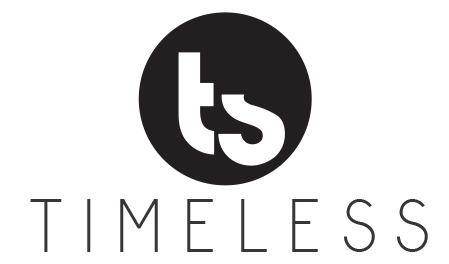Do you know whether you’re on track to meet your retirement goals? If the answer is no, you’re not alone. A recent Gallup study found that more than 50 percent of Americans are worried that they won’t be able to fund their retirement.1
If you’re unsure about your preparedness for retirement, it’s never too late to develop a plan and take back control of your strategy. Below are a few red flags that could indicate you’re not as ready as you should be. If any of these sound familiar and you’re approaching retirement, now may be the time to take action.
You don’t know what your income will be in retirement.
Income is at the heart of retirement planning. To sustain your lifestyle in retirement, you’ll have to generate income that exceeds your living expenses. You’ll likely receive income from Social Security, a pension, personal investments and possibly other sources.
Do you know how much income you can count on each year in retirement? While you may not be able to accurately predict your exact income each year, you can probably develop a reasonable estimate. You can then use that estimate to develop a budget and identify any gaps in your savings.
You haven’t planned for health care costs.
Health care is a major expense item for many retirees. Medicare covers many health care costs, but it doesn’t cover everything. In fact, Fidelity estimates that the average retired couple will spend $280,000 on out-of-pocket medical expenses.2
Fortunately, there are steps you can take to minimize your health care expense risk. You can fund a health savings account (HSA), or you can look at supplemental Medicare policies. You may even consider long-term care insurance. If you don’t develop a plan, though, health care expenses could take you by surprise.
You’re financially supporting others.
Still providing financial support to your grown children? You have company. According to a recent study from Fidelity, 47 percent of millennials receive some form of financial assistance from their parents. More than 20 percent still live with their parents.3
It’s natural that you want to help your children. However, that financial assistance could hurt your ability to save for retirement. If you continue to support your children after you retire, you may have trouble supporting yourself.
Talk to your children about your financial goals and retirement needs, and help them develop a plan to become independent. If you provide a significant amount of assistance, you may need to implement a long-term plan in which they gradually become more independent over time.
You have a sizable amount of debt.
Debt is a difficult financial challenge at any age, but it’s especially problematic for retirees. Every dollar you use to service debt is a dollar you can’t use to pay for health care or fund your lifestyle. If you’re struggling with debt, work with your financial professional to develop a plan to pay down the balance before you retire.
You don’t have a plan.
As you may have noticed, all these issues can be resolved with planning. A comprehensive financial plan can help you identify risks and implement strategies. If you haven’t yet developed your comprehensive retirement plan, now may be the time to sit down with a financial professional and start the process.
Ready to eliminate the red flags in your retirement planning? Let’s talk about it. Contact us today at Timeless Solutions. We can help you analyze your needs and implement a strategy. Let’s connect soon and start the conversation.
1http://news.gallup.com/poll/210890/americans-financial-anxieties-ease-2017.aspx
2https://www.fidelity.com/viewpoints/personal-finance/plan-for-rising-health-care-costs
3https://www.glamour.com/story/how-much-do-your-parents-help-you-get-by
Licensed Insurance Professional. This information is designed to provide a general overview with regard to the subject matter covered and is not state specific. The authors, publisher and host are not providing legal, accounting or specific advice for your situation. By providing your information, you give consent to be contacted about the possible sale of an insurance or annuity product. This information has been provided by a Licensed Insurance Professional and does not necessarily represent the views of the presenting insurance professional. The statements and opinions expressed are those of the author and are subject to change at any time. All information is believed to be from reliable sources; however, presenting insurance professional makes no representation as to its completeness or accuracy. This material has been prepared for informational and educational purposes only. It is not intended to provide, and should not be relied upon for, accounting, legal, tax or investment advice. This information has been provided by a Licensed Insurance Professional and is not sponsored or endorsed by the Social Security Administration or any government agency.
17696 – 2018/5/30

